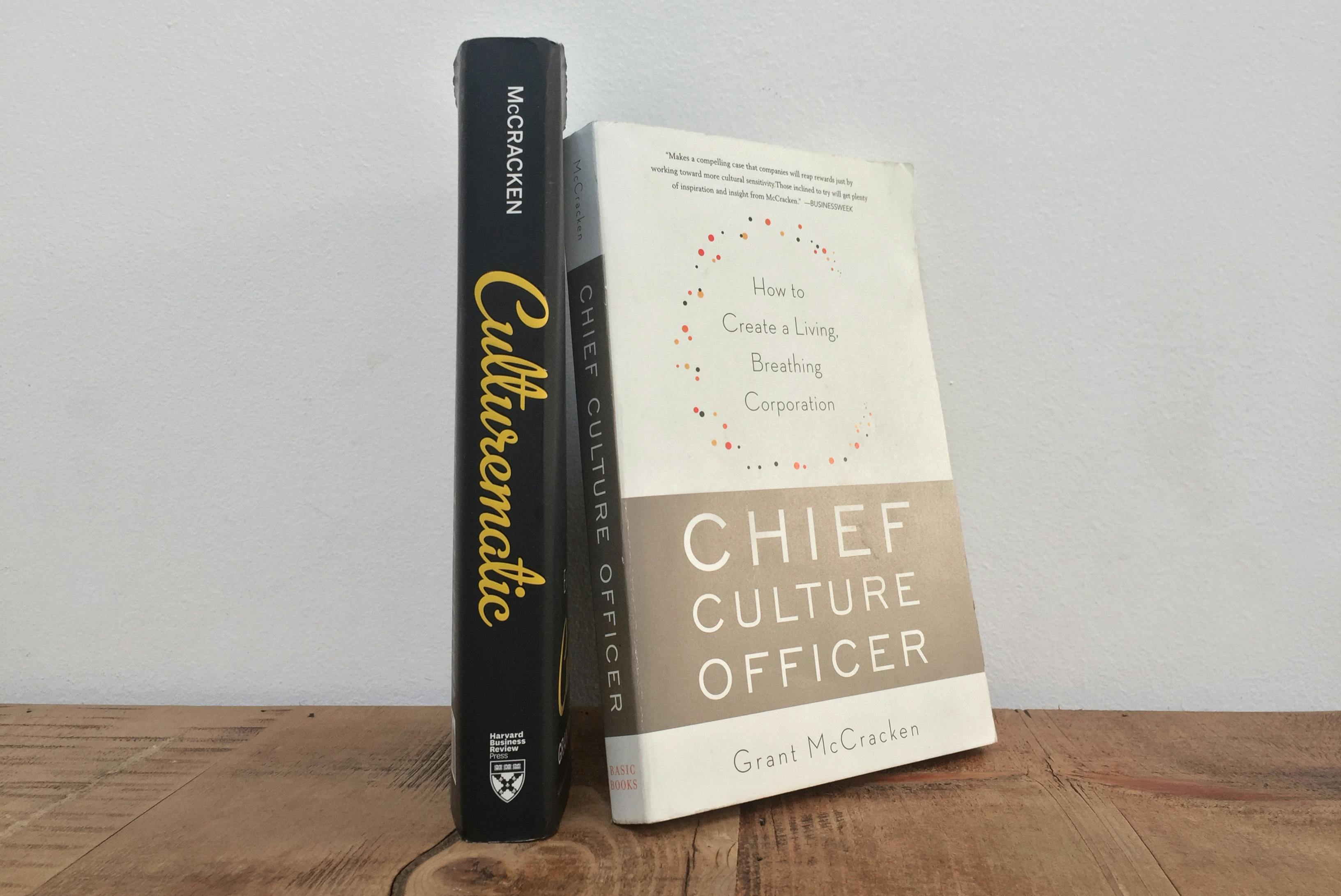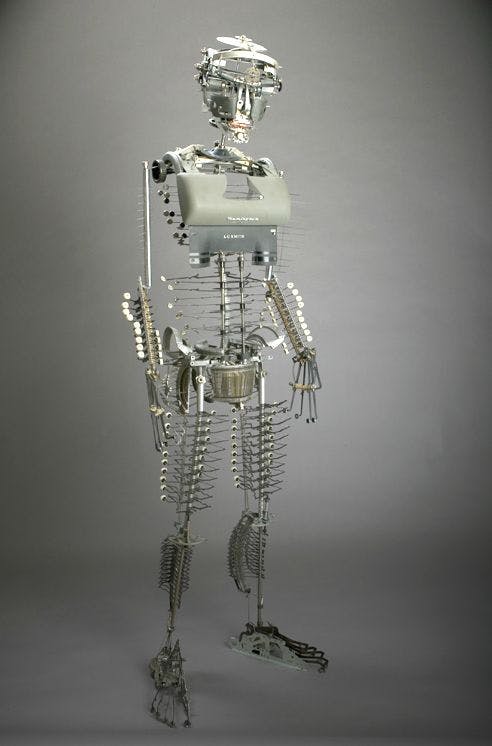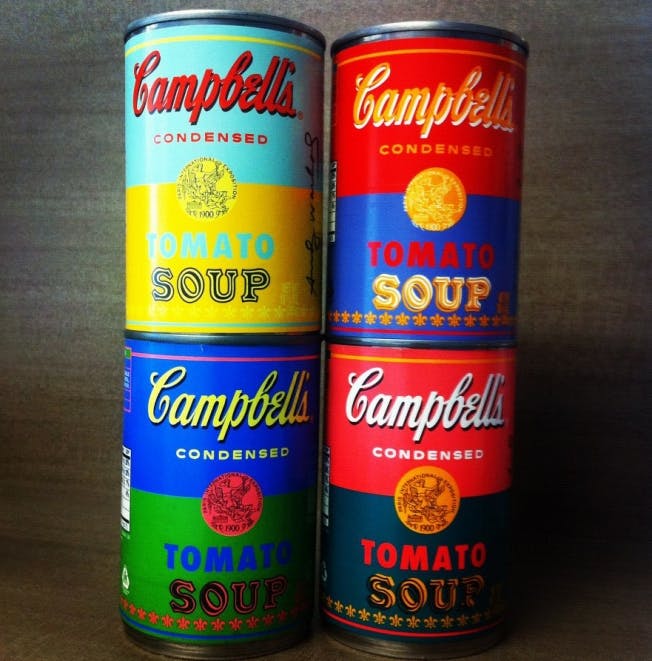Tracking Culture: Author Grant McCracken Talks Shop with Use All Five
Grant McCracken is an anthropologist and author of "Culturematic" and "Chief Culture Officer". We talked to him about making sense of cultural trends and how tracking culture will affect the world of commerce in the future.

How did your study of more traditional Anthropology lead you to explore the world of commerce?
Grant McCracken: My advisor at the University of Chicago, Marshall Sahlins, thought it was a question worth asking. So I did.
When we’re talking about understanding the “culture” of a consumer or an audience, what does that term entail and where do we start?
Grant McCracken: Each of us is constantly drawing on a series of invisible rules and meanings. These shape who we are and what we want is defined by these rules and meanings. So they are the platform on which consumer “taste and preference” sit.

Are there any differences to how an artist and a corporation would understand and engage with an audience or do they share the same structure?
Grant McCracken: I think artists are brilliantly particular. They find the sounds, colors, shapes, gestures that evoke meanings and bring these meanings together in some new configuration which delivers us an illumination…in feeling or thinking or seeing.
Corporations want the full picture and they want the conventional understanding, more than the particular one.
A culturematic is a device that uses some meanings and rules from culture to construct something new and interesting and unprecedented in culture.
You coined the term Culturematic in your latest book. What is it? How do you differentiate a Culturematic from a stunt?
Grant McCracken: A culturematic is a device that uses some meanings and rules from culture to construct something new and interesting and unprecedented in culture. I think of them as a little machine for making meaning, for making culture.

How have your views shifted on it since you published your book? Any newer brands who exemplify the term?
Grant McCracken: I wish I had been a little more straightforward. I think it’s a really useful idea, but for some reason I got carried away by it and failed to make it as simple or clear as it needed to be. These days the world seems to be filling up with commercial culturematics.
I loved the work that Bud Caddell did for Undercurrent (may that latter rest in piece). Other masters of the form: Tina Cervera at VaynerMedia. James Percelay and Michael Krivicka at ThinkMoto. Droga5 has done some brilliant work. I collected a bunch and put them on Pinterest.
I've been working on a "big board" that uses big data to monitor and track the movement of cultural trends. It looks like a weather map. I am hoping that every organization will someday have one of these boards
With the rise of big data, most marketers are inundated with a flood of new demographics and consumer behavior information. How does the study of consumer culture compete or cooperate with this new information?
Grant McCracken: I think there is a wonderful opportunity for cooperation between culture and big data, especially since the latter is a great way to track changes that are coming in culture.
I’ve been working on a “big board” that uses big data to monitor and track the movement of cultural trends. It looks like a weather map. I am hoping that every organization will someday have one of these boards, and people can gather around and see the future “on approach”.
What obstacles to exploring the culture of an audience are inherent in large organizations?
Grant McCracken: I wish we could find a way of getting culture on the strategic and decision map inside the organization. That’s why I wrote Chief Culture Officer. I thought this might help make culture more clear, more present.
Eventually the problem will be solved by demographics. Younger cohorts in the organization fully understand that and how culture matters and they are better at working with it, using culture to make culture to make marketing, say. But for the time being some parties in the organization continue to act as if the assumptions of economics are sufficient. And boy they so totally are not it makes me want to weep some day. But I don’t. I’m very brave.
If we are bad at reading and tracking culture now, God help us when culture is running at speed
What excites and scares you about the digital transformation of our culture?
Grant McCracken: I love the idea of a world that streams with novelty, and point counter point. Digital data and avenues make that possible. But if we are bad at reading and tracking culture now, God help us when culture is running at speed.



